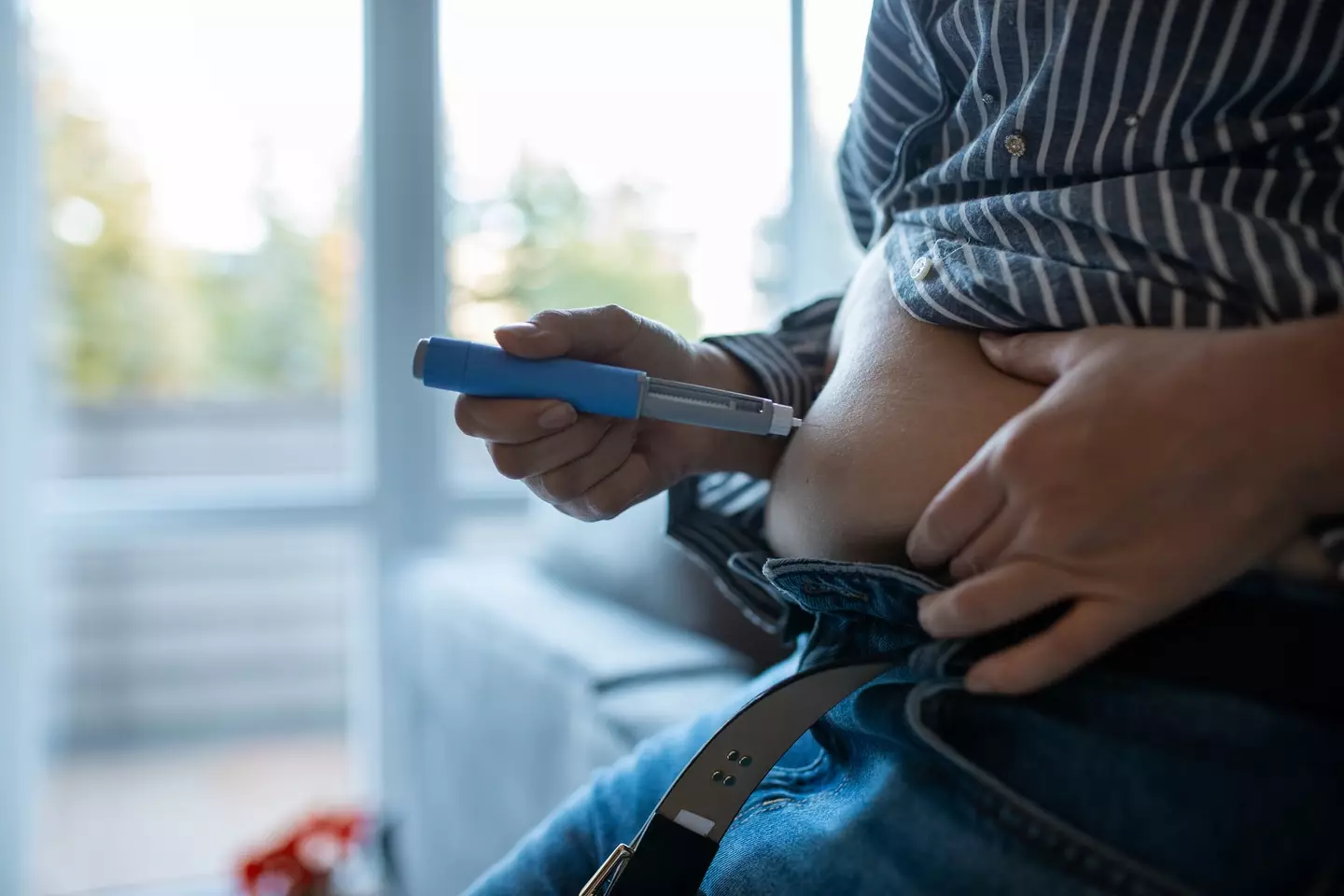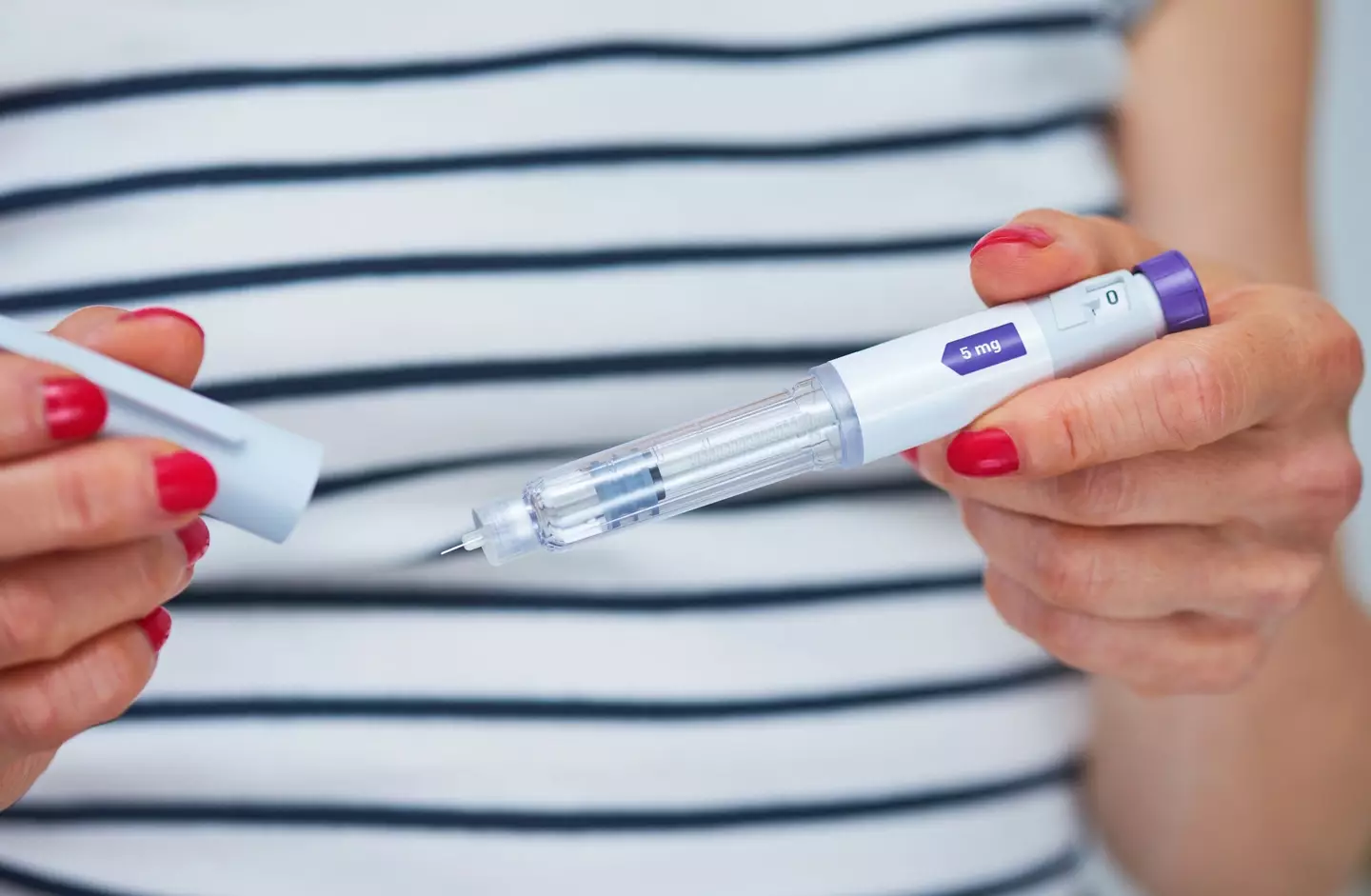
Weight loss drugs like Ozempic and Mounjaro have taken over the world, yet some people have claimed that they can have a life-extending effect if you take them in one particular way.
These drugs, known more broadly as GLP-1 inhibitors, have already gone under a rebrand of sorts as they were originally used to treat those with Type 2 diabetes before being now more commonly employed as a rapid weight loss technique.
You might have noticed how many celebrities have taken advantage of the 'magic bullet' that drugs like Ozempic and Mounjaro provide to lose significant amounts of weight in a short period of time, and it's something that plenty of doctors are recommending and prescribing to average people too.
While it does have some rather unpleasant side effects including bad breath and dental issues, some have claimed that 'microdosing' these drugs not only removes the worst parts of it, but it can also make you live longer, as per the Independent.
What is 'microdosing'?
Microdosing in a broader medical context refers to the process of taking smaller amounts of a drug in order to mitigate the significant effects it might have on the body while preserving the benefits.
Advert
It's often used as a process with serotonergic psychedelic drugs, but it's become a popular method to take advantage of within communities of people taking weight loss solutions like Ozempic.

For example, one woman managed to still lose a significant amount of weight while taking semaglutide despite taking an amount lower than the recommended trajectory, which typically starts at 0.25mg and increases to 2mg after a period of time.
She did this as she was experiencing severe nausea and other unpleasant side effects when the dosage was increased, but that was all removed when she stuck to lower quantities.
However, a recent microdosing 'trend' on social media now has people believing that taking small dosages of drugs like Ozempic can lead to a longer life, and its prompted scientists to reveal the truth surrounding this potential myth.
Does microdosing weight loss drugs make you live longer?
As reported by the Washington Post, scientists have affirmed that there is virtually zero published evidence that microdosing weight loss drugs with ingredients like tirzepatide and semaglutide is either safe or effective, with one cardiologist calling it simply a "craze."
That's not to say that it doesn't provide any benefit in the long term, but that there is no current evidence to support the hypothesis and therefore it cannot be medically or scientifically recommended.

This is due to the lack of long-term testing that scientists can currently conduct with these drugs, as they have only been available for a relatively short period of time, especially when used in their current context.
We simply don't know how taking these drugs will affect the human body in several decades time, and while groundbreaking studies have suggested that they could be used to treat cancer, there remains still plenty of risk.
Eric Topol, director of Scripps Research Translational Institute, argues that evidence surrounding the supposed long-term benefits of microdosing GLP-1 inhibitors is "not substantiated," and that "it's too early for people to do this."
